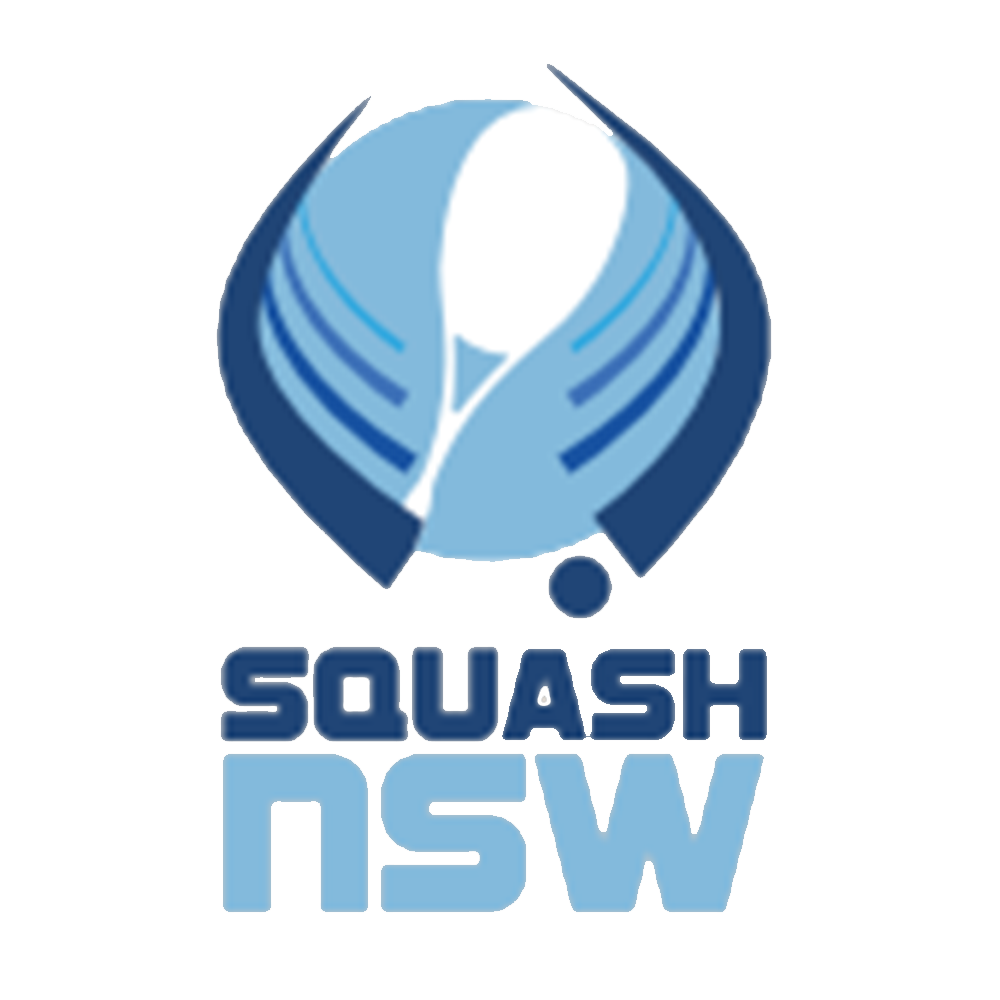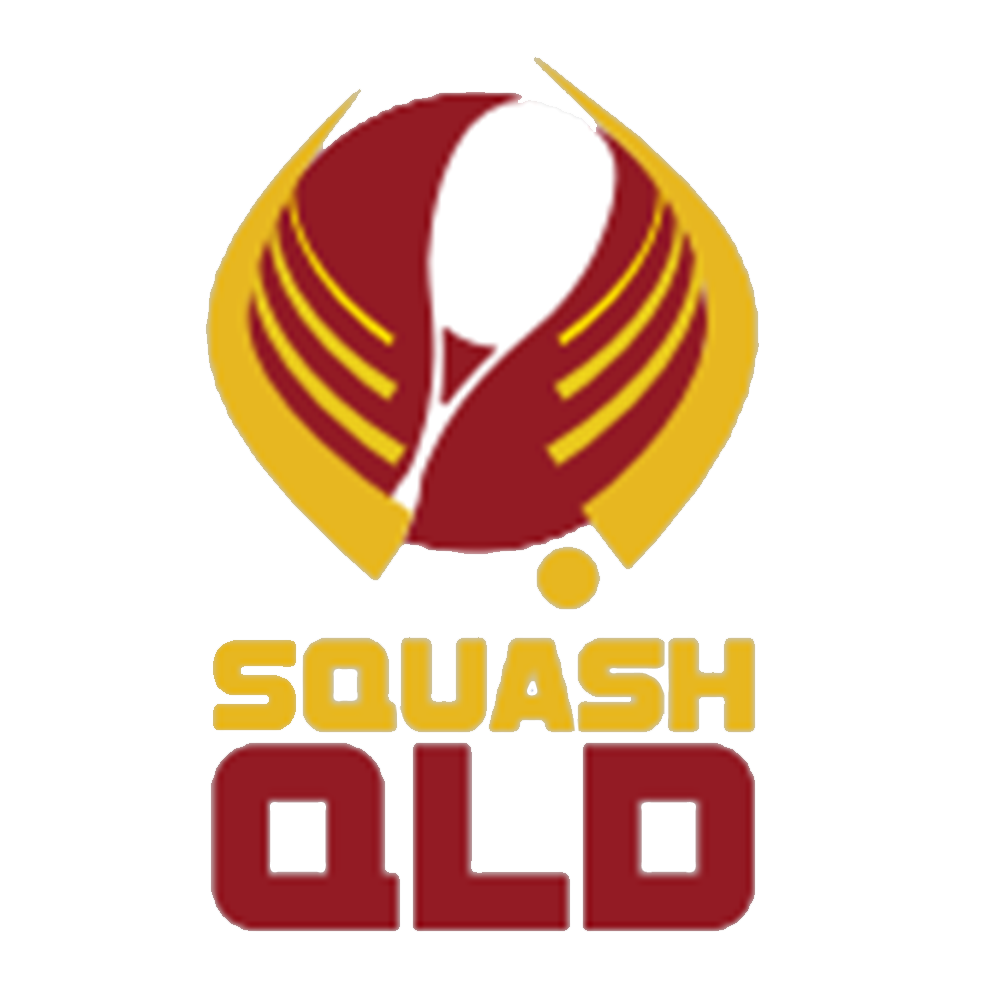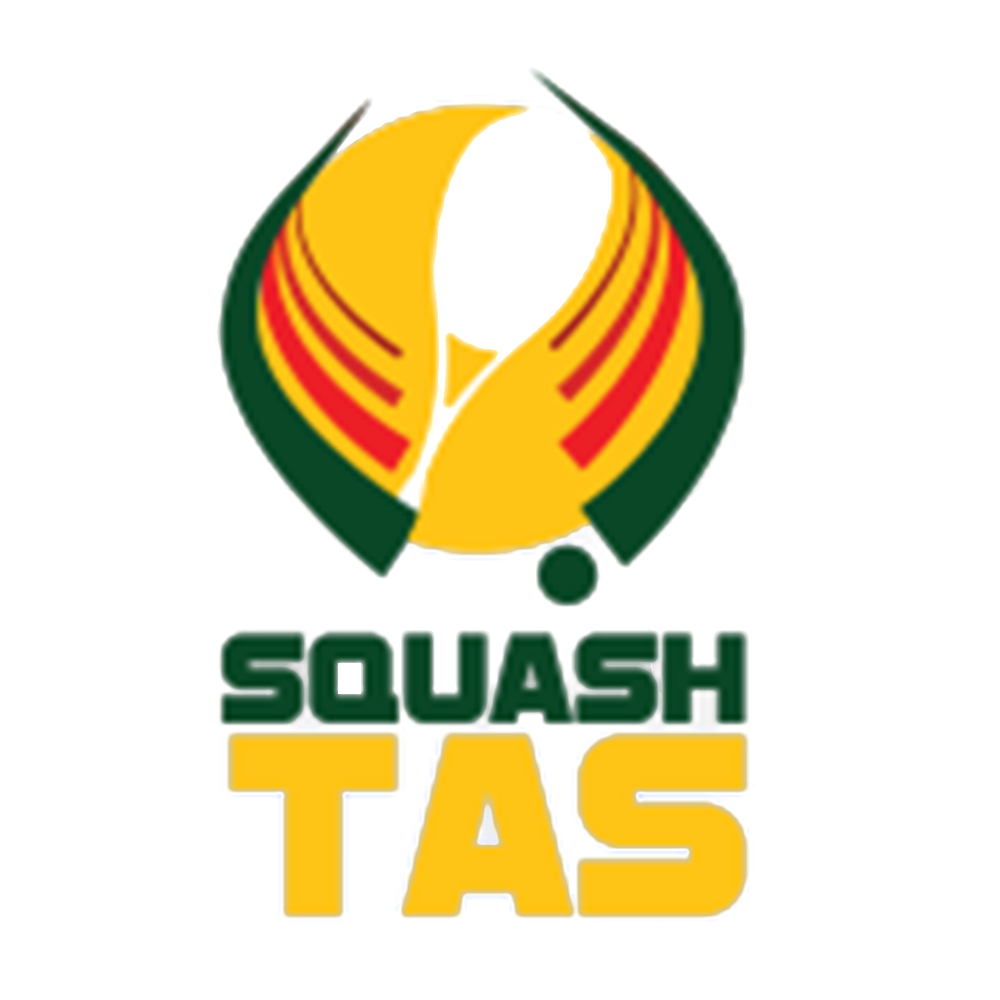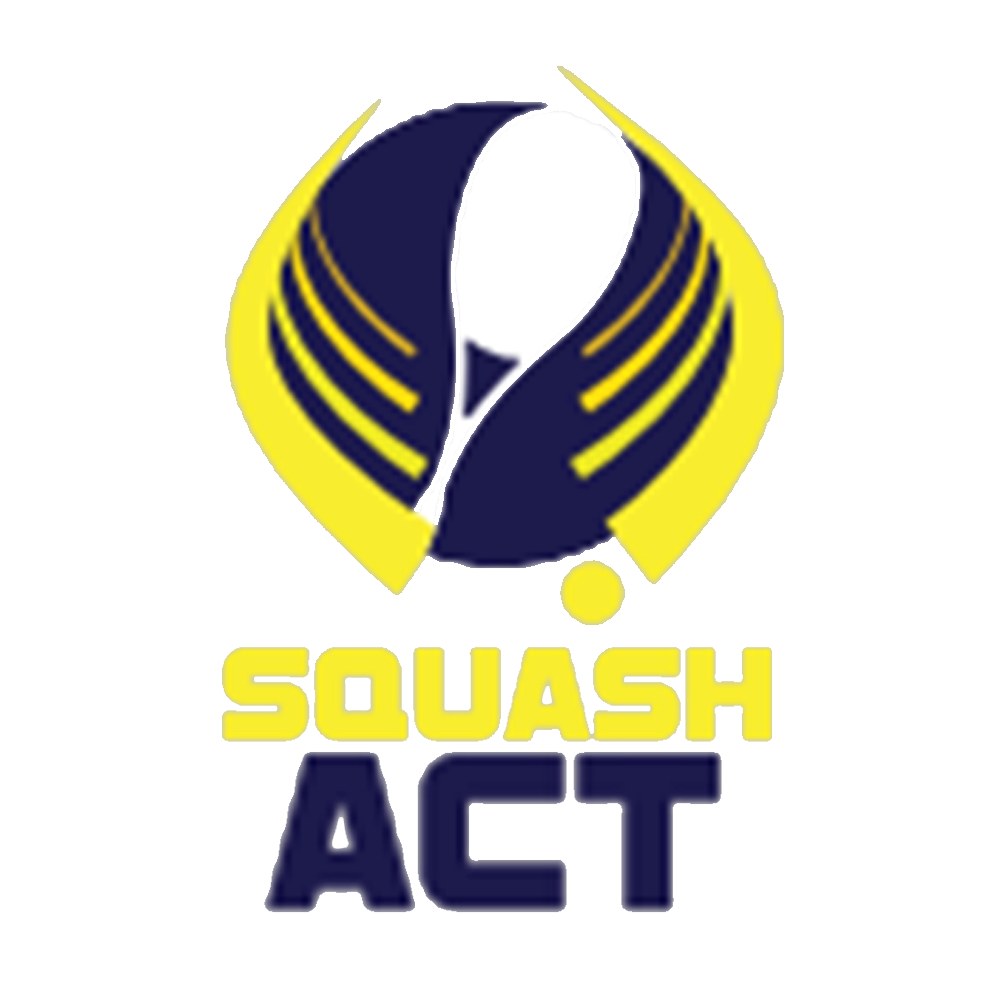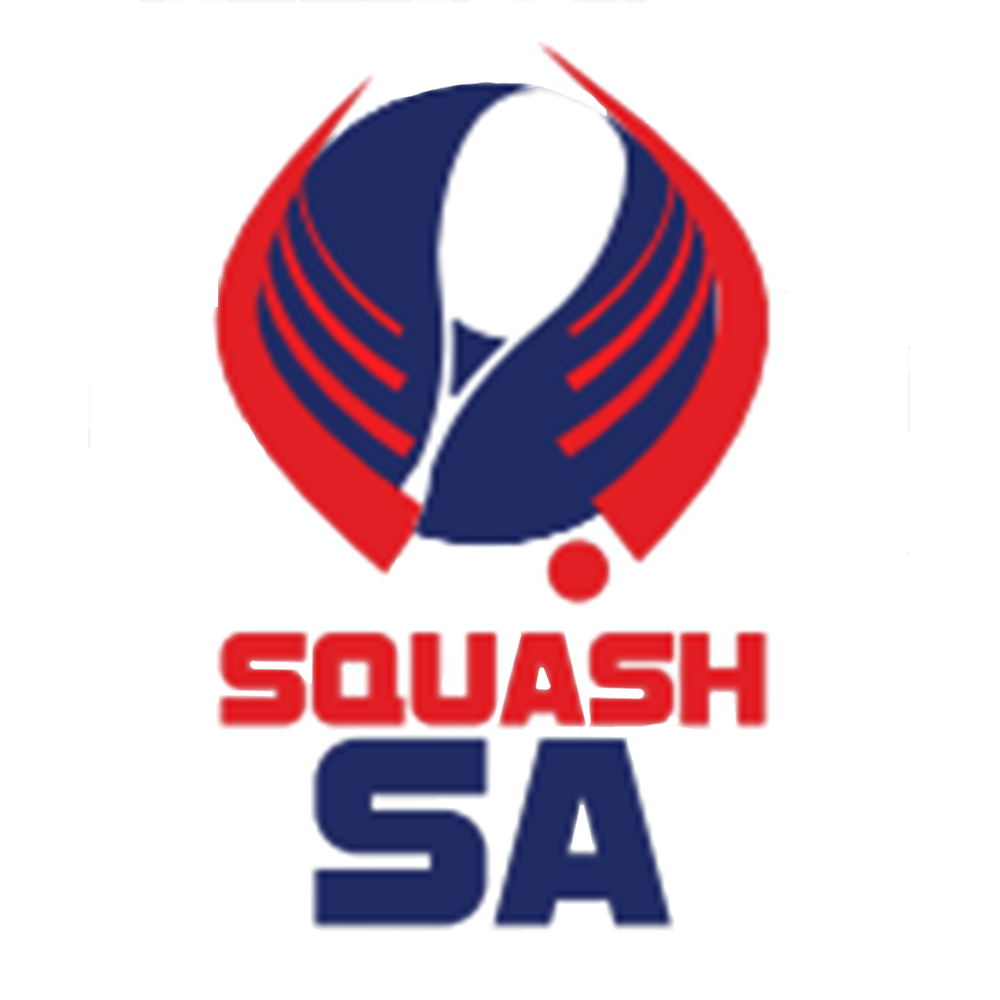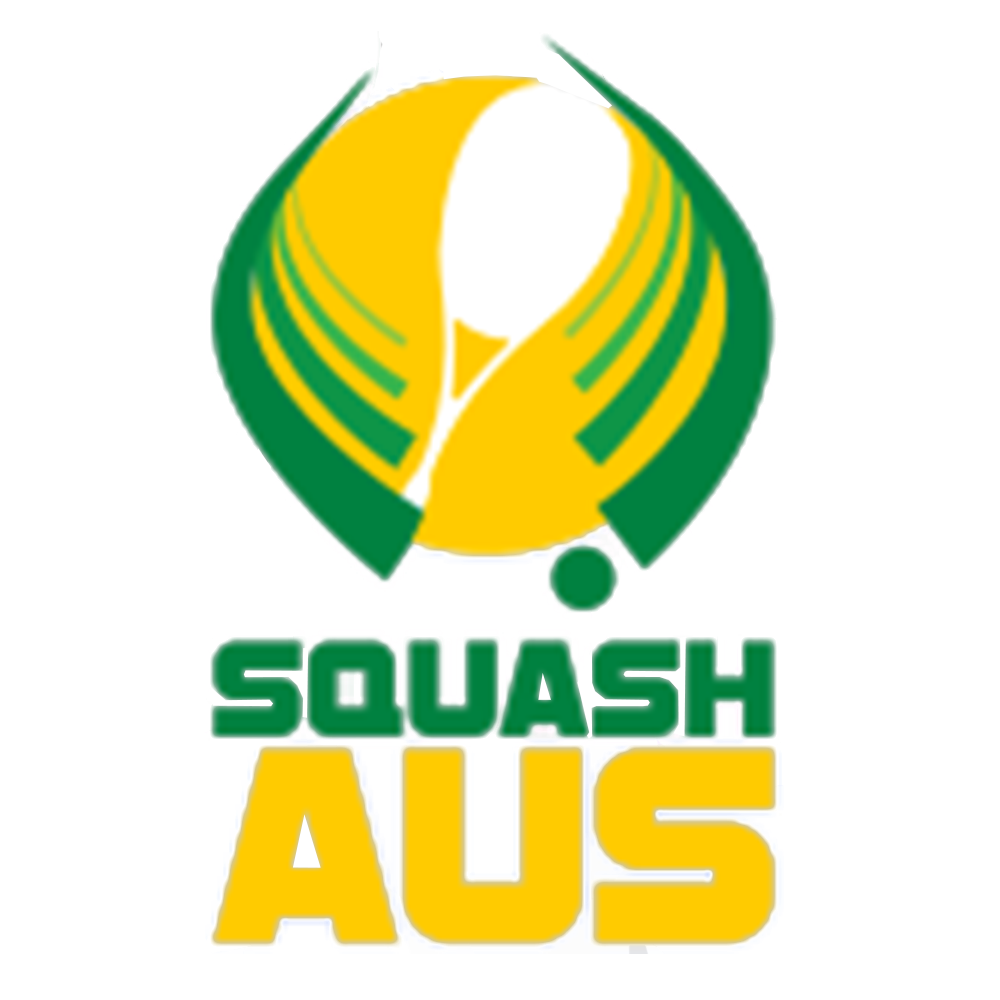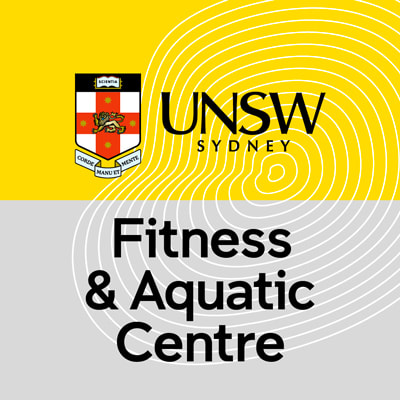Iconic Female Squash Champions References
Heather Pamela McKay was born in Queanbeyan, New South Wales on 31 July 1941. She is considered by many to be the greatest female player in the history of the game, and possibly Australia's greatest-ever sportswoman. She dominated the sport of women's squash in the 1960s and 1970s, winning 16 consecutive British Open titles from 1962 to 1977. She also won the inaugural women's World Open title in 1976 and remained undefeated during that period. She was also a top-level player of other sports, including field hockey and racquetball.
When McKay retired in 1981, at the age of 40, she had gone nearly 20 years undefeated (with the only two defeats to her name occurring at the beginning of her career). After retiring, she remained active in international Masters level events.
McKay was a coaching professional at the Toronto Squash Club in the 80s where she worked with up and comer David Wright in an intensive Junior Program.
After retirement, McKay wrote a book, “Heather McKay's Complete Book of Squash”, which was released in 1979. Staying active in squash, she was named coach of the Australian Institute of Sport's Squash Division in 1985. In 1999, McKay was one of the founder members of the Women's International Squash Players Association Hall of Fame, of which she herself was one of the first to be inducted.
McKay was featured on the front cover of the 2006 Sensis White Pages for the Canberra, Queanbeyan and Yass regions.
- McKay won her first British Open in 1962. She then won it again every year for the next 15 consecutive years, losing only two games at the championship during that time.
- McKay won the first official women's World Open in 1979 in England, where she captured the inaugural title with a 6–9, 9–3, 9–1, 9–4 win over Sue Cogswell in the final.
- McKay also won the Australian Amateur Championships for 14 consecutive times from 1960 to 1973.
- In 1967 McKay was awarded ABC Sportsman of the Year
- In 1969 McKay was awarded the Order of the British Empire – Member (Civil)
- In 1979 McKay was awarded Order of Australia – Member
- In 1985 McKay was inducted into Sport Australia Hall of Fame
- In 1997 McKay was inducted into USA Racquetball Hall of Fame
- In 2000 McKay was awarded the Australian Sports Medal
- In 2018 McKay was made an Officer of the Order of Australia (AO) for "distinguished service to squash as an elite player and coach, as a pioneer on the professional circuit, and through support for young athletes"
- McKay won two over-45 world championship titles and two over-50 world championship titles
- In field hockey, McKay was a member of the Australian Women's Hockey Team in 1967 and 1971
- In racquetball, McKay won the American Amateur Racquetball Championship in 1979, the American Professional Racquetball Championship three times (1980–81 and 1984), and the Canadian Racquetball Championship five times (1980 and 1982–85)
- McKay was inducted into the USA Racquetball Hall of Fame in 1997
When McKay retired in 1981, at the age of 40, she had gone nearly 20 years undefeated (with the only two defeats to her name occurring at the beginning of her career). After retiring, she remained active in international Masters level events.
McKay was a coaching professional at the Toronto Squash Club in the 80s where she worked with up and comer David Wright in an intensive Junior Program.
After retirement, McKay wrote a book, “Heather McKay's Complete Book of Squash”, which was released in 1979. Staying active in squash, she was named coach of the Australian Institute of Sport's Squash Division in 1985. In 1999, McKay was one of the founder members of the Women's International Squash Players Association Hall of Fame, of which she herself was one of the first to be inducted.
McKay was featured on the front cover of the 2006 Sensis White Pages for the Canberra, Queanbeyan and Yass regions.
Nicol Ann David was born 26 August 1983 in Malaysia and is considered, by some, to be the greatest women's squash player of all time. She has won several gold medals and championship titles starting at the age of 14. Beginning in August 2006, David was the world number one for a record-breaking 108 consecutive months, finally ceding the ranking in September 2015 to Raneem El Weleily.
- David recorded her first triumph in 2005 when she was just 21 years old, beating Australian Rachael Grinham in Hong Kong to spark a spell of dominance in the tournament.
- In 2006, David claimed her next title with victory over another Grinham, this time Rachael’s sister, Natalie. It was said to be “one of the great finals of the Women’s World Championship”.
- David won the World Open title a record 8 times in 2005, 2006, 2008, 2009, 2010, 2011, 2012 and 2014, as well as the British Open title in 2005, 2006, 2008, 2012 and 2014.
- In July 2016, David reached her 151st successive month in the top 10, breaking the record in both men's and women's categories. She surpassed Peter Nicol's previous records of 150 months.
- David is the first squash player to have won the World Junior title twice; in 1999 and 2001.
- David joined WISPA and turned professional in 2000 when she won her first WISPA title, after only a month on the tour.
- On 7 June 2008, David was honored with the Order of Merit (Darjah Bakti) or D.B. She was the first recipient of the award which was established on 26 June 1975.
- David was also invited to carry the Olympic torch for Malaysia during the lead up to the Athens Olympics in 2004. She was also appointed as UNDP National Goodwill Ambassador for Malaysia.
- David's other notable achievements include the Asian Squash Championship, which she won a record nine times (in 1998, 2000, 2002, 2004, 2006, 2008, 2010, 2011 and 2015). She also held a 13-month, 51-match winning streak, from March 2006 until April 2007, when she finally lost to Natalie Grinham in the final of the 2007 Seoul Open.
- David also obtained the WSA Player of the Year on seven occasions, 2005–2010 and 2012.
Sarah Elizabeth Fitz-Gerald was born in Melbourne, Australia, a hotspot for squash talent. She won five World Open titles – 1996, 1997, 1998, 2001 and 2002. She ranks alongside Janet Morgan, Nicol David, Susan Devoy, Michelle Martin and Heather McKay as the sport's greatest players.
Fitz-Gerald won numerous titles in the early 1990s, but 1996 proved to be her breakthrough year. She beat England's Cassie Jackman in the World Open Final. The next two years Fitz-Gerald beat the resurgent Michelle Martin in successive finals.
2002 saw Fitz-Gerald win her last World Open, beating Natalie Pohrer. She also won a gold medal at the 2002 Commonwealth Games in Manchester, England.
In January 2004, Fitz-Gerald was awarded the Member of the Order of Australia (AM) for her achievements and services to women's squash, and the promotion of sport and a healthy lifestyle. She was Chairwoman and President of the Women's International Squash Players Association from 1991 to 2002. In 2010, Fitz-Gerald was inducted into the Sport Australia Hall of Fame.
- In 1987, Fitz-Gerald won the female World Junior Championship and was the Australian Junior Female Athlete of the Year. It was also during this year that she represented Australia at the 1987 Women's World Team Squash Championships finishing runner-up to England.
- In 1992, Fitz-Gerald was selected once again to represent Australia in the 1992 Women's World Team Squash Championships and this time Australia became the world champions. Remarkably, Fitzgerald would go on to win a total of seven World Team Championships.
Fitz-Gerald won numerous titles in the early 1990s, but 1996 proved to be her breakthrough year. She beat England's Cassie Jackman in the World Open Final. The next two years Fitz-Gerald beat the resurgent Michelle Martin in successive finals.
2002 saw Fitz-Gerald win her last World Open, beating Natalie Pohrer. She also won a gold medal at the 2002 Commonwealth Games in Manchester, England.
In January 2004, Fitz-Gerald was awarded the Member of the Order of Australia (AM) for her achievements and services to women's squash, and the promotion of sport and a healthy lifestyle. She was Chairwoman and President of the Women's International Squash Players Association from 1991 to 2002. In 2010, Fitz-Gerald was inducted into the Sport Australia Hall of Fame.
Dame Susan Elizabeth Anne Devoy, DNZM, CBE (born 4 January 1964) is a former New Zealand squash player who dominated the sport in the late 1980s and early 1990s. She won the World Open on four occasions.
In March 2013, Devoy was appointed to the position of Race Relations Commissioner for New Zealand. Born in Rotorua, New Zealand, Devoy attended MacKillop College. Her family was incredibly involved in the squash community. Devoy started playing when she was young and turned professional at the age of 17. Her first World Open title came in 1985, with a subsequent win in 1987. Further World Open titles came in 1990 and 1992. For most of her career, the World Open was held biennially, a fact that stopped Devoy potentially doubling her tally. She did, however, win the coveted British Open eight times, a record only beaten by Heather McKay in the 1960s/70s and by Janet Morgan in the 1950s.
In 1992, the year of her unexpected retirement, Devoy was the Australian, British, French, Hong Kong, Irish, New Zealand, Scottish, Swedish and World squash champion.
In the 1986 New Year Honours, Devoy was appointed a Member of the Order of the British Empire and elevated to Commander of the Order of the British Empire in the 1993 Queen's Birthday Honours. She is also noted for her charity work, being the New Zealand Patron on the Muscular Dystrophy Association.
In March 2013, Devoy was appointed to the position of Race Relations Commissioner for New Zealand. Born in Rotorua, New Zealand, Devoy attended MacKillop College. Her family was incredibly involved in the squash community. Devoy started playing when she was young and turned professional at the age of 17. Her first World Open title came in 1985, with a subsequent win in 1987. Further World Open titles came in 1990 and 1992. For most of her career, the World Open was held biennially, a fact that stopped Devoy potentially doubling her tally. She did, however, win the coveted British Open eight times, a record only beaten by Heather McKay in the 1960s/70s and by Janet Morgan in the 1950s.
In 1992, the year of her unexpected retirement, Devoy was the Australian, British, French, Hong Kong, Irish, New Zealand, Scottish, Swedish and World squash champion.
In the 1986 New Year Honours, Devoy was appointed a Member of the Order of the British Empire and elevated to Commander of the Order of the British Empire in the 1993 Queen's Birthday Honours. She is also noted for her charity work, being the New Zealand Patron on the Muscular Dystrophy Association.
Janet Morgan was born in Wandsworth, London and was originally a tennis player who played for Britain in the Wightman Cup in 1946. She turned to squash and dominated the game during the 1950s. She won her first British Open title in 1950 and then went on to win the trophy for the next ten successive years through to 1959.
Morgan was considered the sport's most famous player until the rise of Australian Heather McKay in the 1960s. Morgan also competed as a tennis player in the Wimbledon Championships from 1946 until 1957.
Before the 1959 British Open, Morgan announced that she would retire after the competition due to medical advice because she had suffered from persistent back injuries. She became the first chairwoman of the Women's Squash Association soon after and was awarded an MBE in 1961.
Morgan was considered the sport's most famous player until the rise of Australian Heather McKay in the 1960s. Morgan also competed as a tennis player in the Wimbledon Championships from 1946 until 1957.
Before the 1959 British Open, Morgan announced that she would retire after the competition due to medical advice because she had suffered from persistent back injuries. She became the first chairwoman of the Women's Squash Association soon after and was awarded an MBE in 1961.
Nour El Sherbini, born 1 November 1995 in Egypt and was raised in Alexandria, Egypt. She started playing squash when she was 6 years old and began participating in tournaments before she was 8.
- On August 2nd, 2009, at 13, Sherbini became the youngest world champion in the history of the sport when she won the women's title at the World Junior squash Championships (U-19).
- Sherbini won the British Junior Open Under-13 category in 2007 and 2008.
- On 28 November 2009, Sherbini was awarded the 2009 Young WISPA Squash Player of the Year.
- On 30 April 2015, Sherbini became the youngest woman to win the Women's World Championship which was held in Malaysia.
- On April 2016, Sherbini retained her title by winning the Women's World Championship which was held in Elgouna, Egypt, beating Egyptian compatriot, Raneem El Welily.
Michelle Susan Martin, was born on 29 April 1967 in Sydney. She was one of the game's leading players in the 1990s. Martin was ranked number one in the world from 1993 to 1996 and again in 1998 and 1999 and won three World Open titles and six British Open titles.
Martin's older brothers, Brett and Rodney, also went on to be top professional players. Her parents, who had built the Engadine Squash Centre below their family home, introduced her to the game when she was three years old. She would often play squash with her family after school, and at the age of eight, she came second in the state under-13s championship.
Martin joined the Australian Institute of Sport's squash unit shortly after its establishment in 1985 and was part of the program for the rest of the 1980s. Her coaches there included squash champions Geoff Hunt and Heather McKay. She began her professional squash career in 1987, competing in her first of six World Team Squash Championships in that year. Martin went on to participate in all of them during her career except the 1989 championship.
Martin's older brothers, Brett and Rodney, also went on to be top professional players. Her parents, who had built the Engadine Squash Centre below their family home, introduced her to the game when she was three years old. She would often play squash with her family after school, and at the age of eight, she came second in the state under-13s championship.
Martin joined the Australian Institute of Sport's squash unit shortly after its establishment in 1985 and was part of the program for the rest of the 1980s. Her coaches there included squash champions Geoff Hunt and Heather McKay. She began her professional squash career in 1987, competing in her first of six World Team Squash Championships in that year. Martin went on to participate in all of them during her career except the 1989 championship.
- Martin spent 44 months as the best women's squash player in the world from March 1993 to October 1996 before Cassie Jackman of England broke her dominance.
- Martin was ranked number one in the world in 1998 and 1999.
- Martin won three consecutive World Open championships from 1993 to 1995 and was a finalist in all the World Opens from 1992 to 1999 except 1996.
- Martin won six consecutive British Opens from 1993 to 1998.
- Martin represented her country at the 1996 and 1999 Squash World Cups and won gold medals in the sport at the 1998 Kuala Lumpur Commonwealth Games in the women's singles and mixed doubles.
- Martin also won the Australian Open in 1991, 1993, 1994, 1995, 1996, 1998, and 1999. At the end of 1999 she announced her retirement, saying she had achieved all her goals in the sport. She worked as a manager and coach of the Australian women's junior and senior teams from 2003 to 2010.
Carol Owens was born on 4 June 1971and is a former New Zealand-based squash player who won the World Open in 2000 and 2003.
Owens was born in Melbourne, Australia, and eventually changed her nationality when she moved to Auckland, New Zealand. A right-hander, she made her competitive debut in 1990 in the Swiss Open where she finished 17th. Her first final was the 1993 Japan Open where she was a runner-up to the Canadian, Heather Wallace. She did not have to wait long for her first major victory, which came in October in Adelaide, South Australia.
She was part of the Australian winning team at the 1994 Women's World Team Squash Championships, 1996 Women's World Team Squash Championships and 1998 Women's World Team Squash Championships.
Owens has the unique achievement of representing both Australia and New Zealand at the highest level and is the first female player to win medals for two countries at the Commonwealth Games.
Carol began to challenge for the world championship whilst still representing Australia and her first World Open title came in 2000 when she beat New Zealander Leilani Joyce. This was after an equally epic semi-final against Sarah Fitz-Gerald.
In 2001 Carol changed nationality becoming a New Zealander and at the 2002 Commonwealth Games she won the gold in the doubles and silver in the singles. The elusive second world title came in 2003 when she beat Cassie Campion. In 2003 she became – for the first time – the World No. 1 ranked player.
At the beginning of 2004, Carol announced that she had retired from the professional game.
Owens was born in Melbourne, Australia, and eventually changed her nationality when she moved to Auckland, New Zealand. A right-hander, she made her competitive debut in 1990 in the Swiss Open where she finished 17th. Her first final was the 1993 Japan Open where she was a runner-up to the Canadian, Heather Wallace. She did not have to wait long for her first major victory, which came in October in Adelaide, South Australia.
She was part of the Australian winning team at the 1994 Women's World Team Squash Championships, 1996 Women's World Team Squash Championships and 1998 Women's World Team Squash Championships.
Owens has the unique achievement of representing both Australia and New Zealand at the highest level and is the first female player to win medals for two countries at the Commonwealth Games.
Carol began to challenge for the world championship whilst still representing Australia and her first World Open title came in 2000 when she beat New Zealander Leilani Joyce. This was after an equally epic semi-final against Sarah Fitz-Gerald.
In 2001 Carol changed nationality becoming a New Zealander and at the 2002 Commonwealth Games she won the gold in the doubles and silver in the singles. The elusive second world title came in 2003 when she beat Cassie Campion. In 2003 she became – for the first time – the World No. 1 ranked player.
At the beginning of 2004, Carol announced that she had retired from the professional game.
Vicki Cardwell BEM was born 21 April 1955, in Adelaide, South Australia and is a former World No. 1 squash player from Australia. She was one of the leading players on the international squash circuit from the late-1970s through to the mid-1990s. During her career, she won the World Open in 1983 and captured the British Open title four consecutive times in 1980-83.
Since retiring from the top-level game, Cardwell has enjoyed continued success in seniors events. She won four World Masters Championships titles between 1987 and 1995.
Cardwell has been inducted into the Australian Sport Hall of Fame and the Squash Australia Hall of Fame. The Australian government has also acknowledged her contribution and services to Australian sport by awarding her the British Empire Medal.
Since retiring from the top-level game, Cardwell has enjoyed continued success in seniors events. She won four World Masters Championships titles between 1987 and 1995.
Cardwell has been inducted into the Australian Sport Hall of Fame and the Squash Australia Hall of Fame. The Australian government has also acknowledged her contribution and services to Australian sport by awarding her the British Empire Medal.
Margot Lumb, a left-handed English squash and tennis player, was born in London in 1912. She won the British Open five times in a row from 1935-39, winning all five finals in straight sets. She was also the runner-up at the championship in 1934. She also won the United States Hardball National Championship in 1935.
Lumb was renowned for her superb physical condition and speed around the court which helped her achieve her British Open triumphs.
As a tennis player, Lumb participated in the British Wightman Cup team in 1937 and 1938. She was a finalist in the 1937 All England Plate tournament, a tennis competition held at the Wimbledon Championships with players who were defeated in the first or second rounds of the singles competition. She was also the runner-up at the 1938 German Championships singles event.
After her marriage in 1944 to W H L (Bill) Gordon, Margot Lumb continued playing both squash and tennis.
Lumb was renowned for her superb physical condition and speed around the court which helped her achieve her British Open triumphs.
As a tennis player, Lumb participated in the British Wightman Cup team in 1937 and 1938. She was a finalist in the 1937 All England Plate tournament, a tennis competition held at the Wimbledon Championships with players who were defeated in the first or second rounds of the singles competition. She was also the runner-up at the 1938 German Championships singles event.
After her marriage in 1944 to W H L (Bill) Gordon, Margot Lumb continued playing both squash and tennis.
Rachael Margaret Grinham was born 22 January 1977 in Toowoomba, Queensland, Australia. She won the World Open in 2007, and the British Open in 2003, 2004, 2007 and 2009. She reached the World No. 1 ranking in August 2004 and held it for 16 consecutive months.
- Winner of the World Junior title in 1993 aged 16.
- Won her first tournament in 1998 when she was 22 years old, beating Tracey Shenton for the Open Toulouse Central in France.
- 1998 Commonwealth Games silver medal in women's doubles Robyn Cooper.
- In 1999 she won the Swiss Open, Germering Open and Indian Open.
- Grinham finished 2000 by climbing 6 places in the ranking up to No. 12 in the world. Grinham won two tournaments, Milo National Open beating the current world No. 1 Nicol David and successfully defended her Indian Open title.
- In 2002 Grinham beat England's Tania Bailey for the Singapore Open. One month later, Grinham took the Credit Suisse Privilege Ladies Open, one of the finest squash tournaments in the world beating Natalie Grainger.
- 2002 Commonwealth Games bronze medal in women's doubles with Natalie Grinham. Grinham climbed to No. 6 in the world by the end of the year.
- In 2003, Grinham claimed the Vassar College Class of 1932 beating Vicky Botwright.
- At the 2003 British Open, Grinham pulled off a semi-final upset over the top seed, Carol Owens, then the World No. 1, before beating Cassie Jackman in the final to claim the title for the first time. Grinham ended the year ranked No. 3 in the world.
- In 2004 Grinham won the Kuwait Open, the richest squash event in the world, by beating top seed Cassie Jackman. Later, she beat Cassie Jackman again, then the World No. 1, for the Texas Open title. Three months later, Grinham claimed the Hurghada International in Egypt.
- In 2004, Grinham became the world No. 1 in August after dethroning Cassie Jackman. Grinham continued her run by beating Cassie Jackman again for the Bahrain Classic Title.
- Grinham retained her British Open title by beating Natalie Grainger.
- In 2005, Grinham won her first Qatar Challenge beating Natalie Grainger. A month later, Grinham successfully defended her title by defeating local favorite Omneya Abdel Kawy in the Hurghada International final in a 3-2 thriller.
- Grinham beat Vanessa Atkinson for the PMI Women's Open title.
- Grinham beat Omneya Abdel Kawy again for the Hedonism title in Jamaica.
- Grinham won a 2006 Commonwealth Games Gold medal with her sister, Natalie, in the Women's Doubles event.
- Grinham won five titles in 2007 – the Hurghada International and the Alexandria Sporting Club Open in Egypt, the Vassar College Class of 1932 Open in the United States, the British Open, and the 2006 World Open in Spain.

